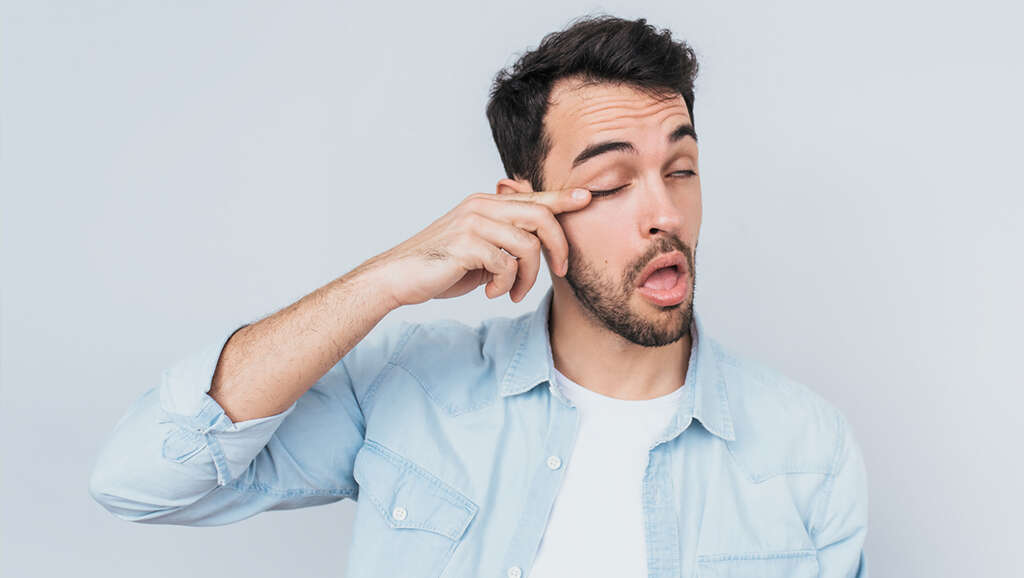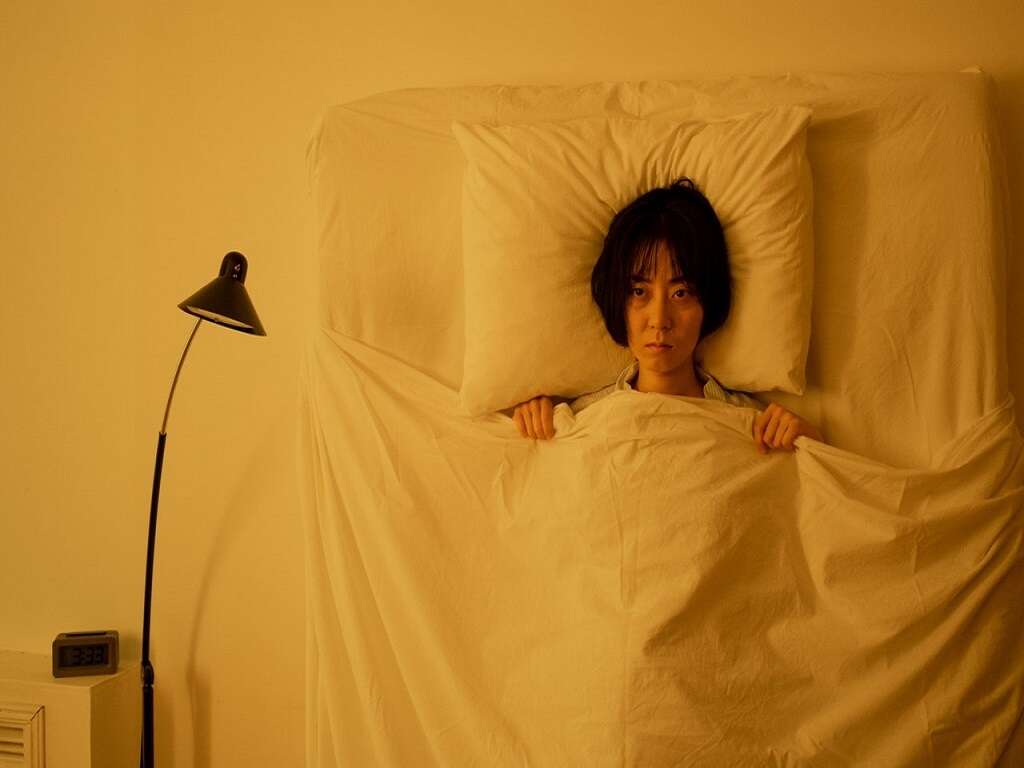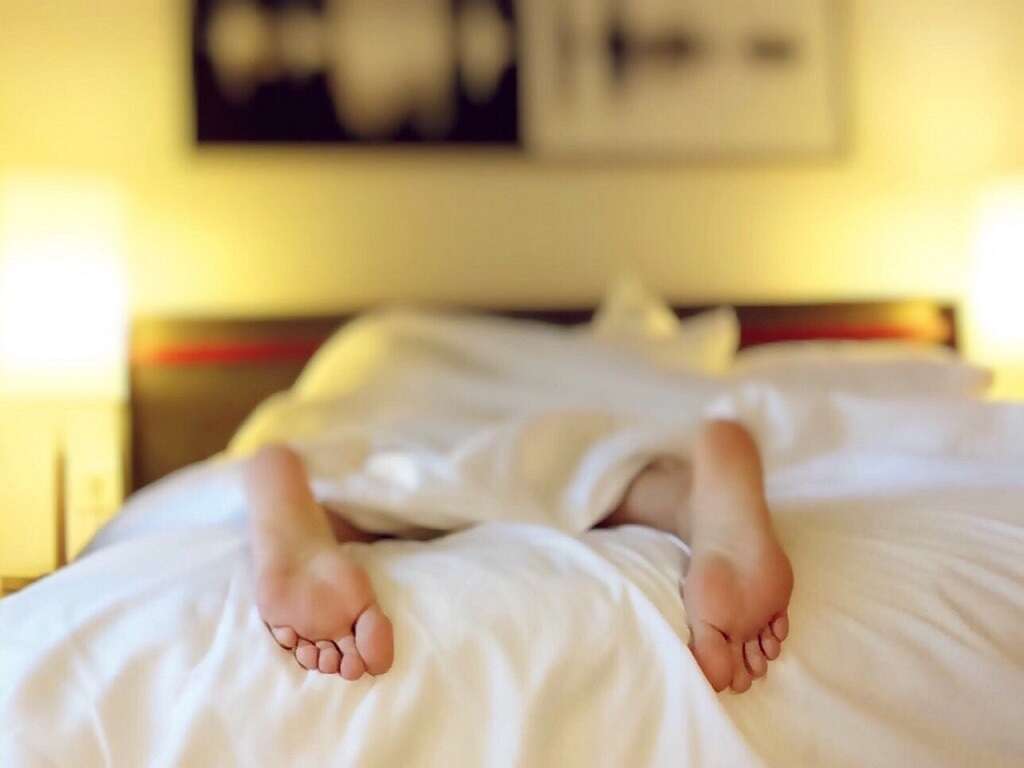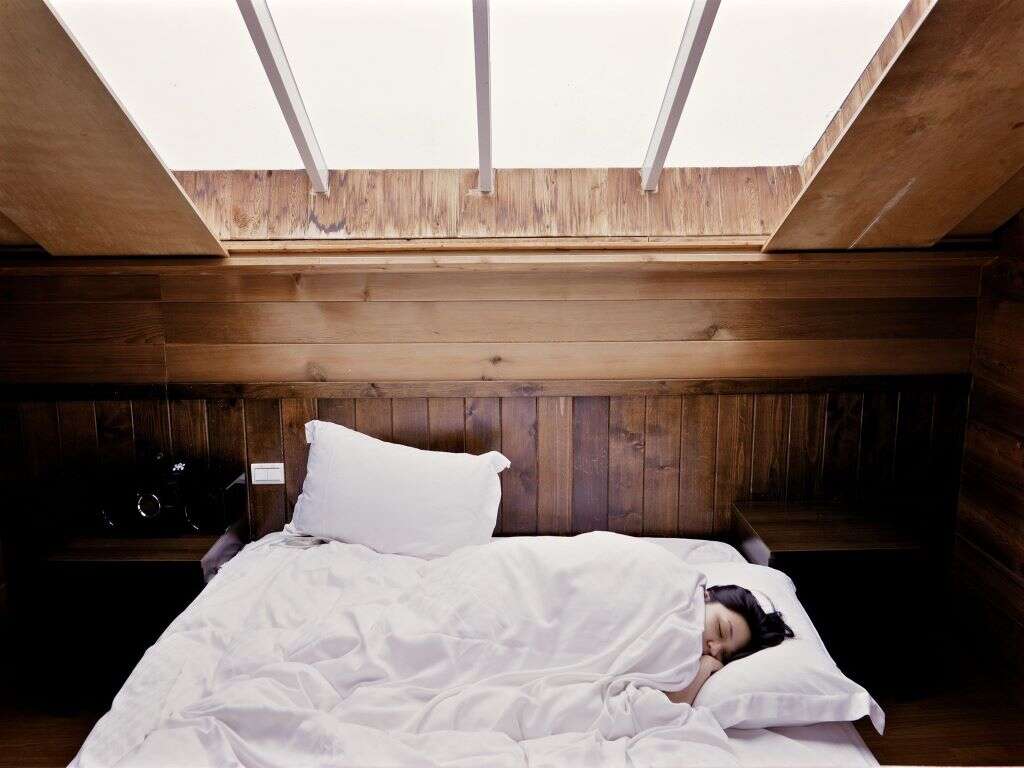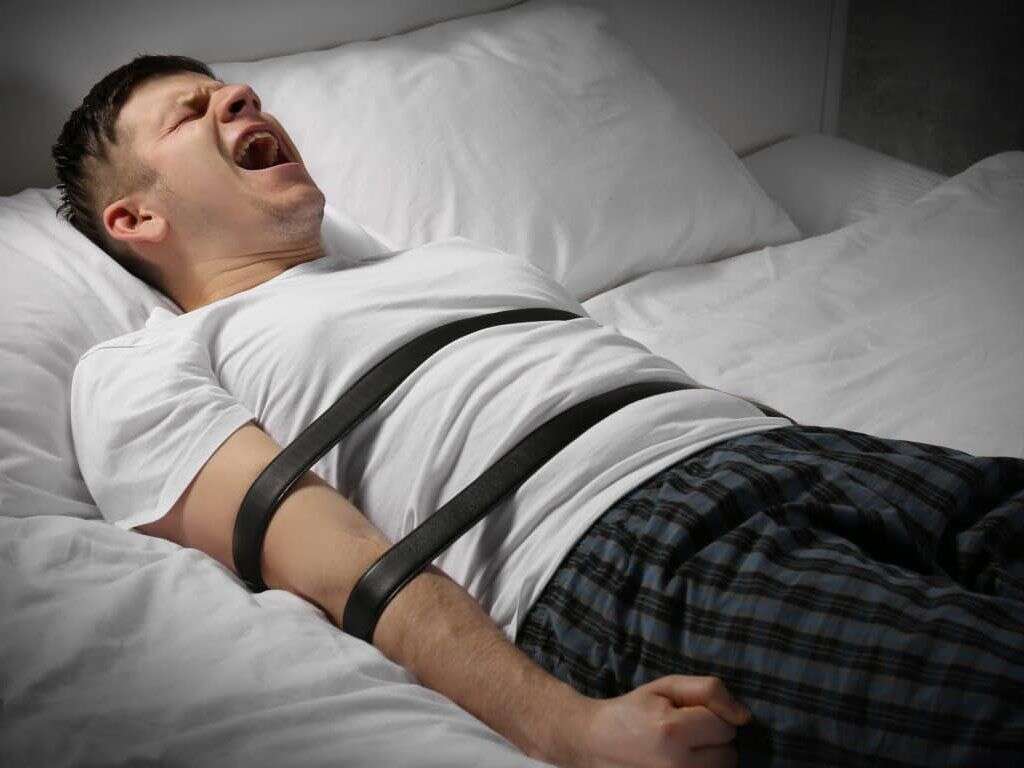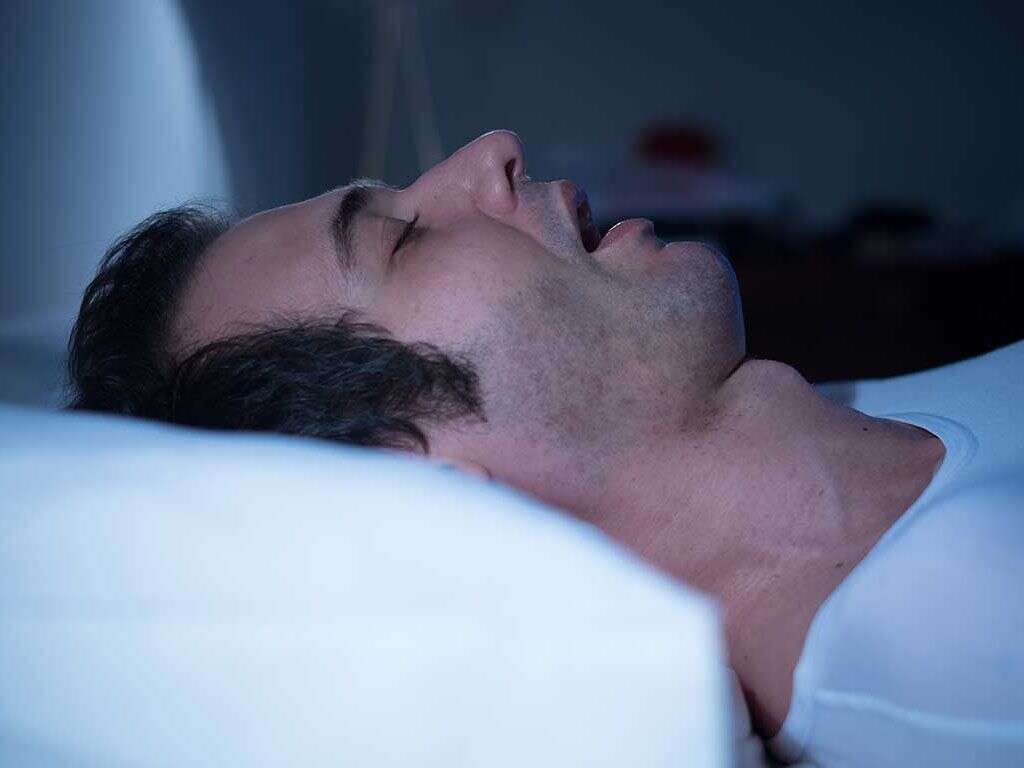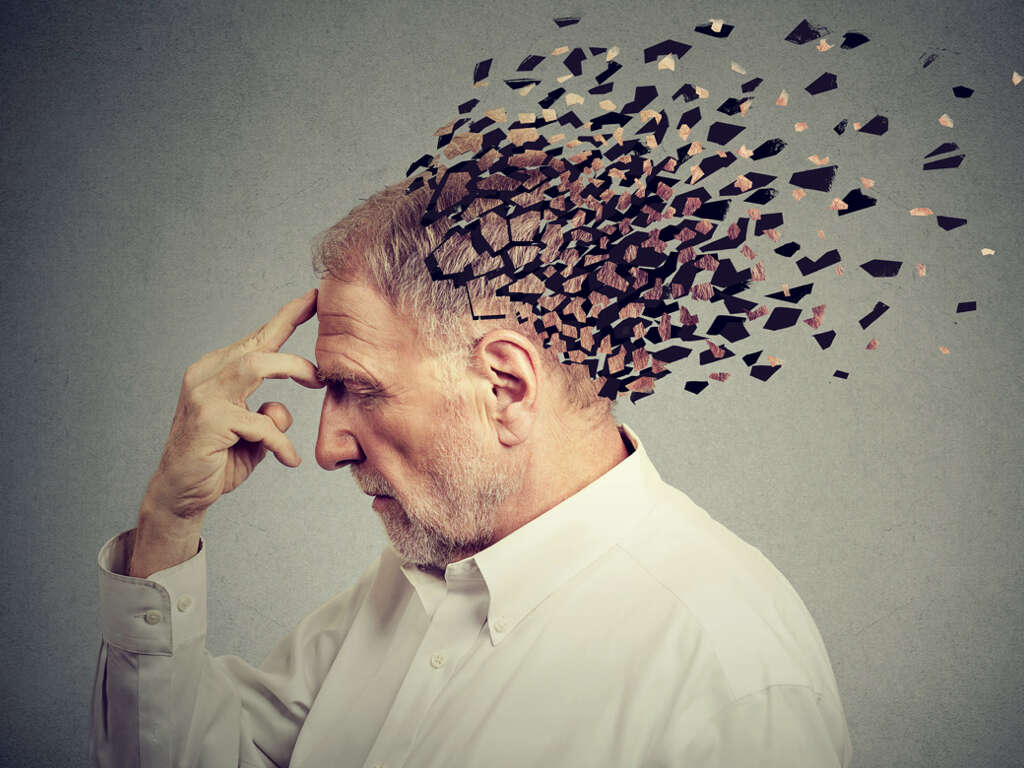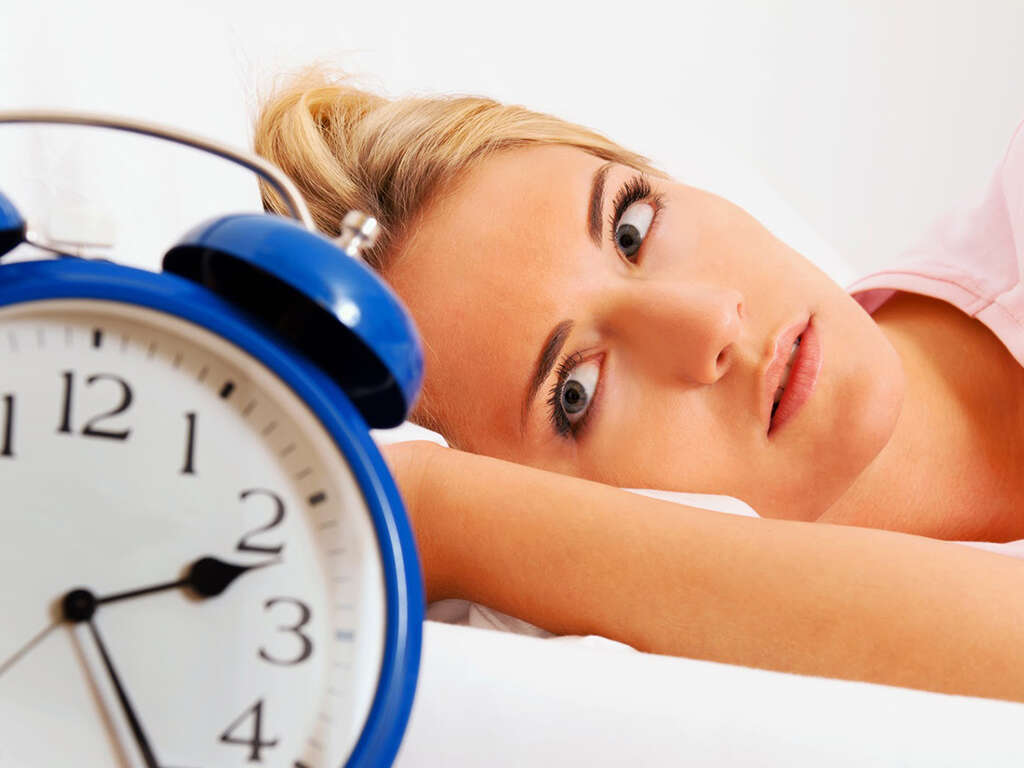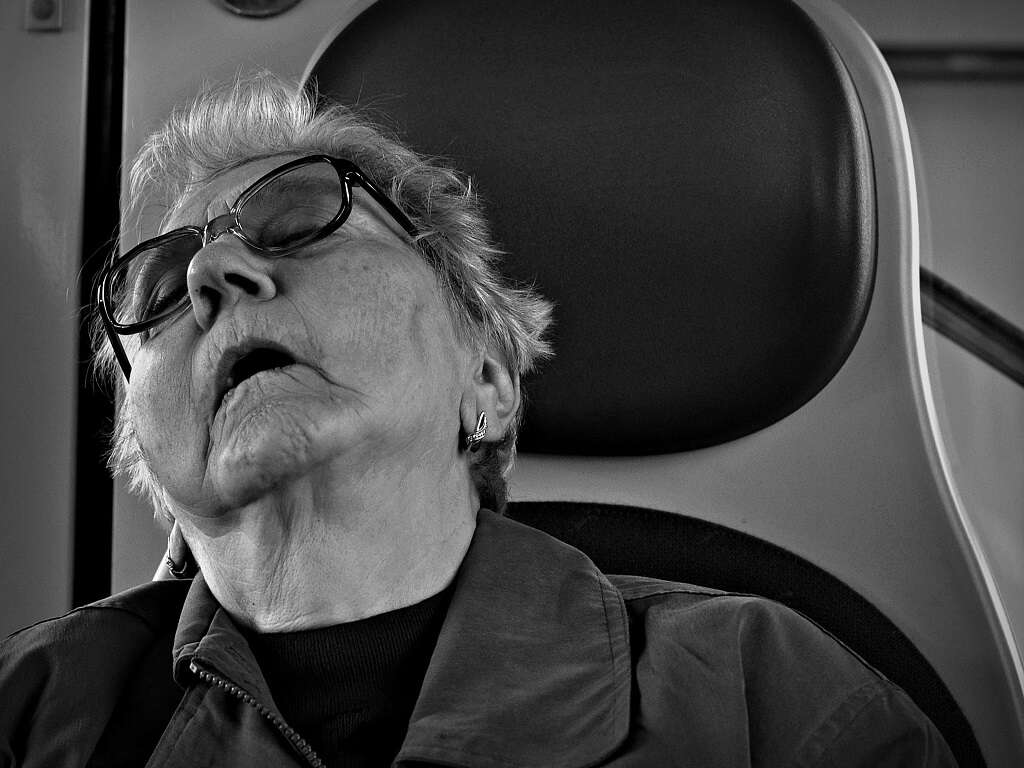10 Effects of Sleep Deprivation
Most of us have experienced sleep deprivation, or lack of sleep, at least sometime during our lives. It comes with the style of life that many of us live in modern society: we work too much, study too hard, and in the long-run, we end up pushing ourselves harder than our bodies can handle.
Unfortunately, you can’t just miss sleep on a regular basis without experiencing any side effects. There are a number of problems associated with sleep deprivation, and the longer you go without sleep, the more intense they can get. If you miss a few hours of sleep a night, you might experience fairly mild symptoms at first, such as fatigue and confusion. However, if you are completely unable to sleep for days on end, you might begin experiencing delusions of grandeur and hallucinations.
If you are having problems sleeping at night, you can quickly read our article on tips for falling asleep. It is important that you seek help from a healthcare professional to find out the cause of your problem and discuss the best way to deal with it.
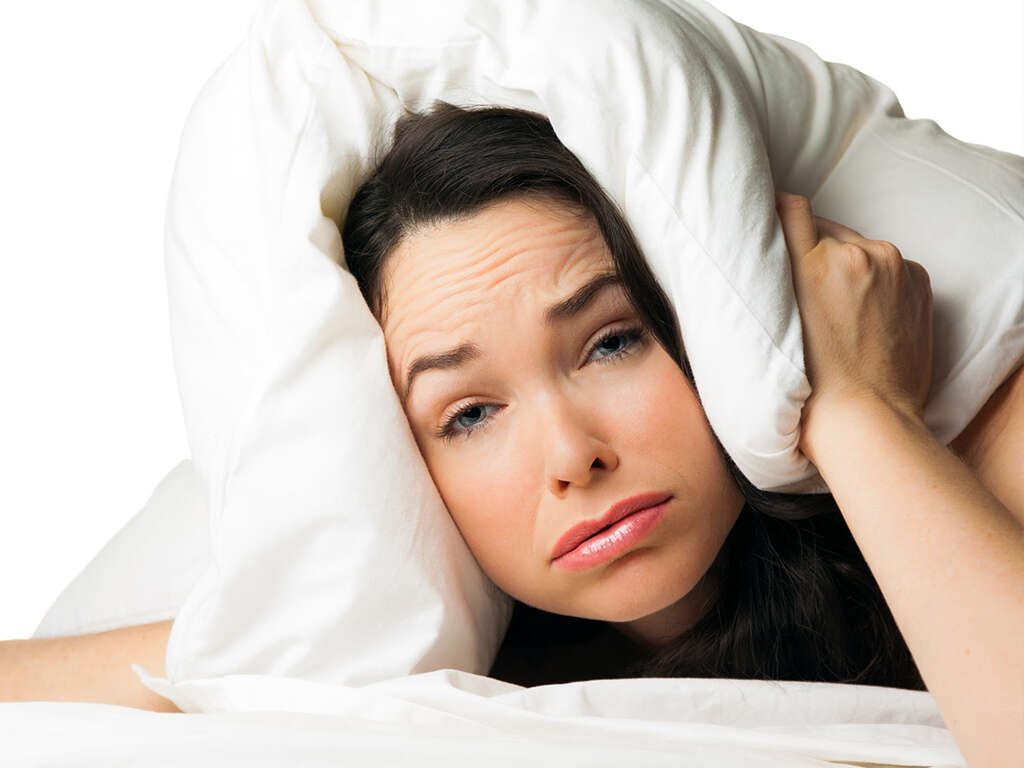
Sleep Deprivation Effect #1: Fatigue
The first and most obvious symptom that you’ll experience if you don’t get enough sleep is fatigue. This can be apparent even in people who have only missed an hour or two of sleep.
Fatigue tends to compound as your ‘sleep debt’ adds up. If you miss two hours of sleep one night, you might find yourself a bit tired during the day. If you miss two hours of sleep every night for a week, then chances are you’ll be quite lethargic by the end of the week. Do your best to set up the proper environment so you can get enough sleep on a regular basis.

Sleep Deprivation Effect #2: Confusion
As your sleep debt continues to compound, it will become increasingly harder to follow what’s going on in front of you. Sleep is the time that your brain uses to recharge itself, assimilate new information into its memory banks, and rejuvenate itself for the day after.
If you don’t get enough sleep, then your brain will still try to process things from days or weeks prior. This can lead to an overall sense of confusion and disorientation.

Sleep Deprivation Effect #3: Stress
Another thing that is quite common for people who don’t get enough sleep is stress. Because your brain uses the time that you’re sleeping to recover, if you don’t get this time then you will be more prone to anxiety and stress.
The confusion tends to get more and more severe the longer a person goes without sleeping. After entire sleepless nights, people often have a hard time following simple conversations.

Sleep Deprivation Effect #4: Emotional Changes
One of the most common things associated with extreme sleep deprivation is emotional changes. In addition to becoming more stressed, people tend to experience more anger, irritability, depression, and general instability when they haven’t been sleeping.
Many people develop insomnia as a result of using drugs, either prescribed or illegal, and these drugs often change their ability to handle their emotions as well.

Sleep Deprivation Effect #5: Increased Rate of Infections
Sleep is a crucial component involving the regulation of our immune system. If we decrease our overall sleeping time, many problems will arise.
Lymphocytic activity is compromised during chronic states of sleep deprivation, which means that our immune system is not able to work properly and we become more prone to infectious diseases.

Sleep Deprivation Effect #6: Paranoia
This effect is much more common in people who have been awake for days on end and won’t likely be a problem for people who are simply missing an hour or two of sleep every night.
People with very severe insomnia may begin to feel afraid of things that they weren’t normally afraid of. A big aspect of paranoia is a fear of going outside, for fear of judgment or scary situations that are quite unlikely to occur. The longer you go without sleeping, the more likely you are to experience paranoia.

Sleep Deprivation Effect #7: Memory Problems
One of the biggest issues associated with sleep deprivation is with memory. This is particularly problematic for people who are studying for school: many students pull all-nighters and stay up to study all night, only to find that when their test rolls around, they are so sleep deprived that they have a hard time recalling any of the things that they have studied.
Sleep is important because it allows our brain to assimilate new information that we have learned into solid memories. Without sleep, it can be incredibly difficult to learn anything new.
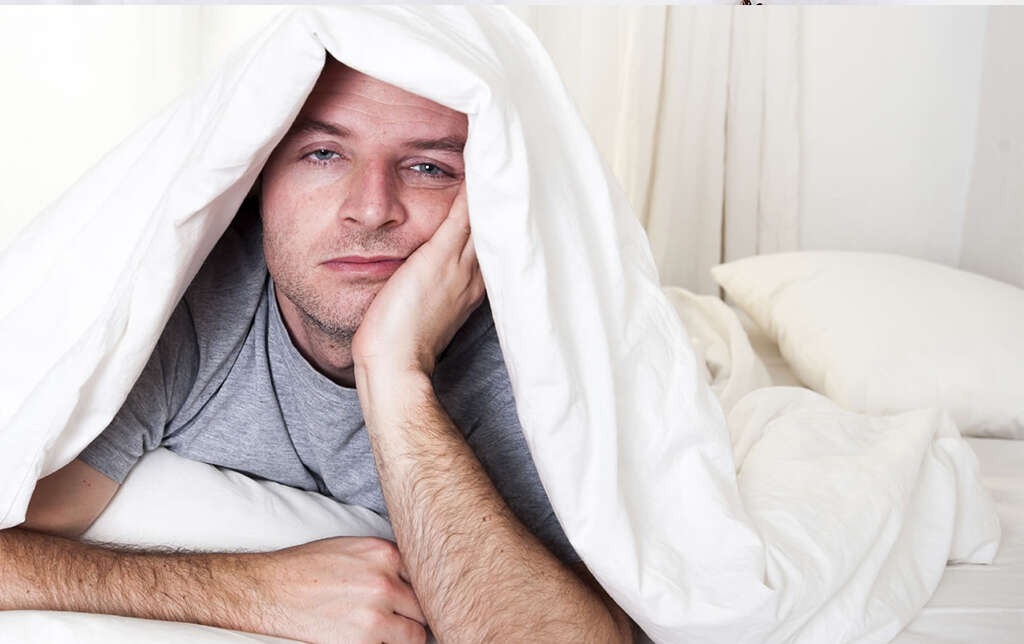
Sleep Deprivation Effect #8: Diminished Cognitive Performance
Sleep is essential in our lives and depending on the level of sleep deprivation that we encounter, many functions in our body are going to be affected.
Patients with chronic sleep deprivation may experience impaired cognitive-related performance. Meaning, that they might have difficulties with problem-solving, mathematical calculations and other tasks related to higher cognitive functions.

Sleep Deprivation Effect #9: Hallucinations
People who have not slept in 24-48 hours or more may begin to experience hallucinations. These hallucinations generally start off as quite mild: audio distortion or slight flickering of lights. In the dark, shadows may appear to move.
However, if a person goes days or weeks without sleeping, these hallucinations can become more and more vivid. They may see people that are not there or find themselves engaging in situations that are only apparent to them.
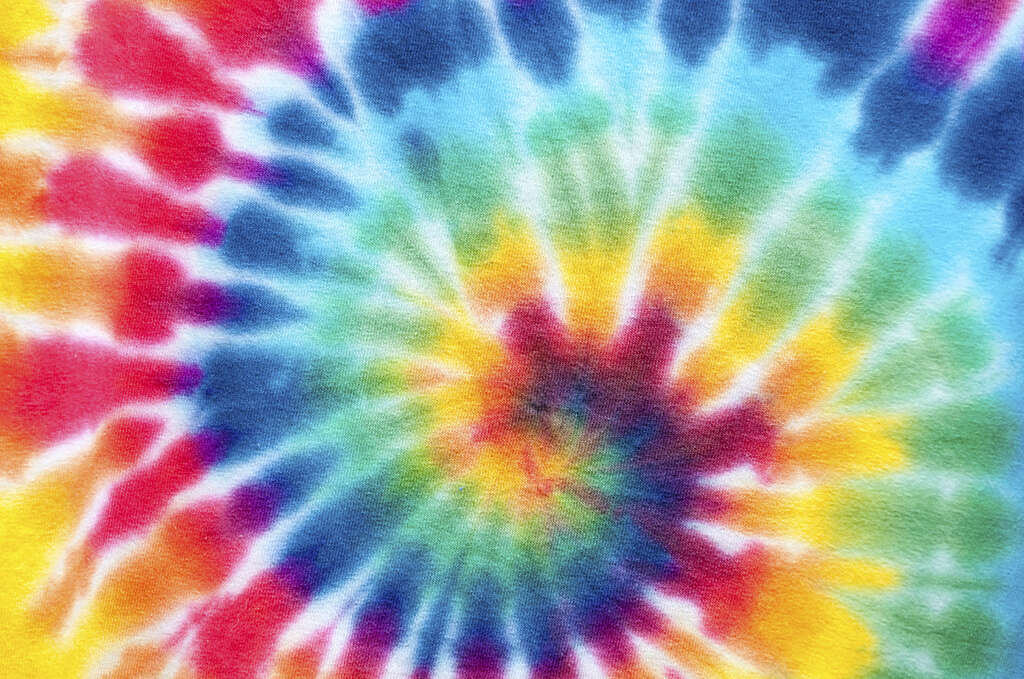
Sleep Deprivation Effect #10: Loss of Inhibition
Another thing that can occur in people who are sleep deprived is a lack of inhibition. The longer that you go without sleep, the harder it can be for you to retain your focus on who you are, what you want, and what you should be doing.
For this, reason, people who are seriously sleep deprived may have a hard time keeping themselves in control. They may find themselves engaging in unhealthy behavior like doing drugs or drinking, engaging in sex that they may have otherwise avoided, or doing other uncharacteristic things.
